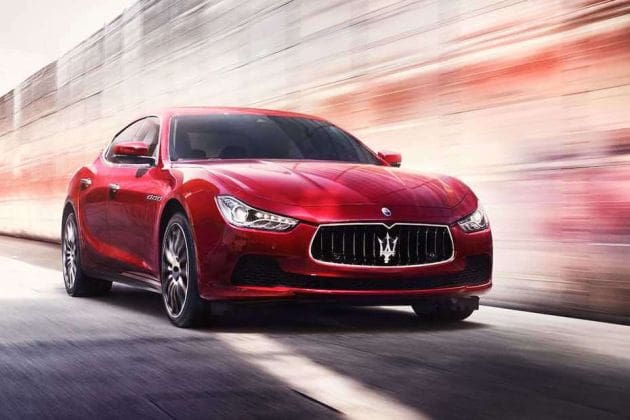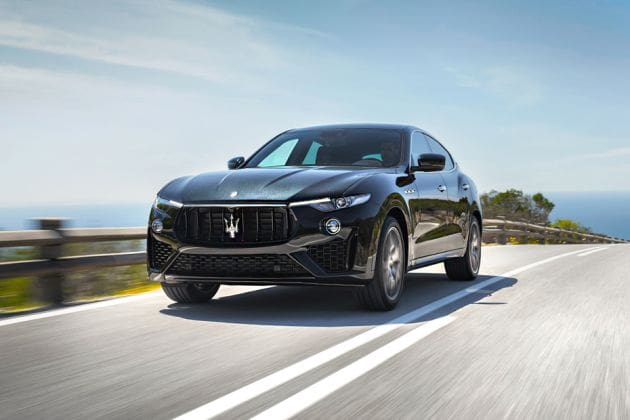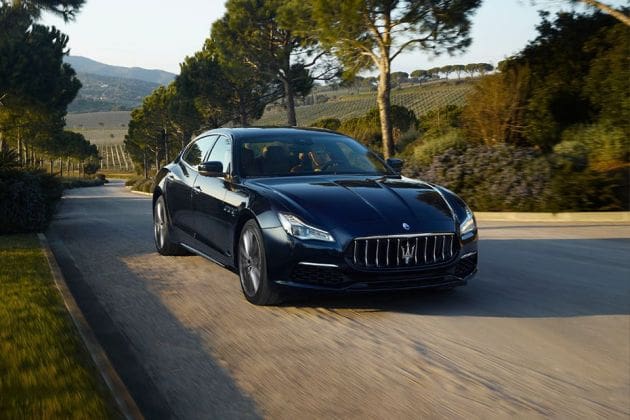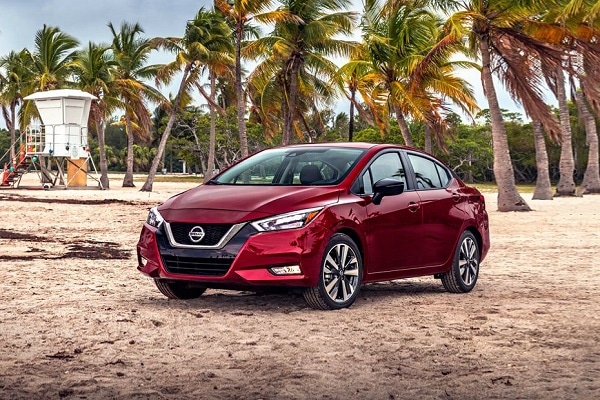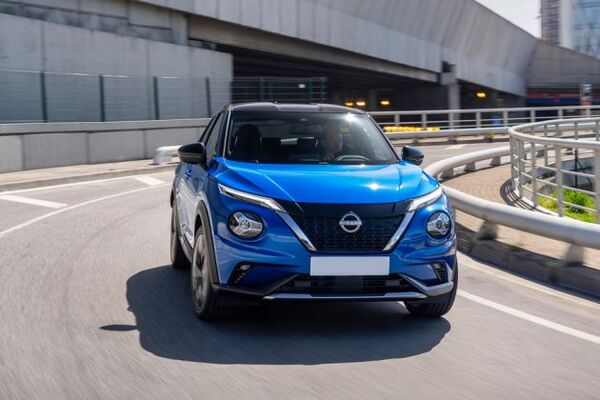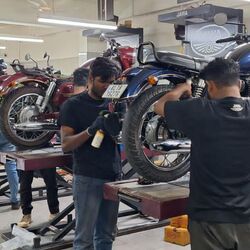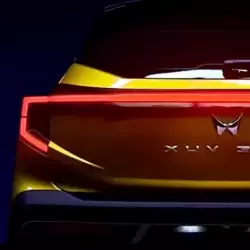'No dinosaur' - Carmaker Stellantis steps up electric ambitions
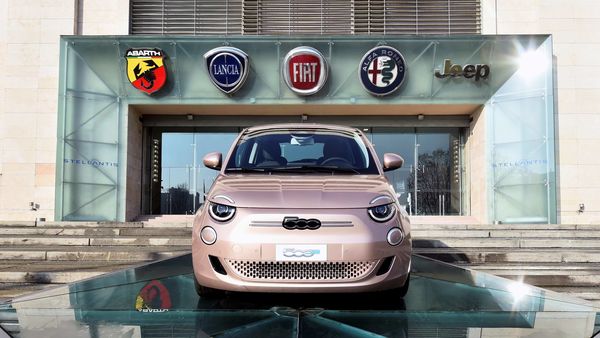

Newly-formed Stellantis, a combination of Peugeot-maker PSA and Fiat Chrysler (FCA), wants to use its clout to take on rivals racing to produce more electric vehicles, Chief Executive Carlos Tavares said on Wednesday.
Stellantis is now the world's fourth largest carmaker, with 14 brands including Opel, Jeep, Ram and Maserati, and like its peers, it is grappling with a shortage of semiconductors and investments in electric vehicles.
Also check these Vehicles
Low global car inventories and cost cuts should help boost profit margins this year, though the carmaker is also looking beyond savings, Tavares said.
"This is not a crisis merger," he told an analyst conference, after Stellantis forecast higher profitability for 2021 and PSA and Fiat which merged in January reported better-than-expected results for 2020.
"This is a merger that is going to open new opportunities for a company that is sound, with talented people ... who do not want to be cornered in a legacy or a dinosaur position."
Stellantis aims to deliver over 5 billion euros a year in savings through the merger, as well as bulking up to face industry challenges.
Automakers are racing to develop electric vehicles to meet tighter CO2 emissions targets in Europe and this week Volvo joined a growing number of carmakers aiming for a fully-electric line-up by 2030.
Stellantis plans to have fully-electric or hybrid versions of all of its vehicles available in Europe by 2025, broadly in line with plans at top rivals such as Volkswagen and Renault-Nissan, although Stellantis has further to go to meet that goal.
The group said 2021 results should be helped by three new high-margin Jeep vehicles in North America and a strong pricing environment there. The US market has driven profits for years at FCA and starts off as the strongest part of Stellantis.
The carmaker is targeting an adjusted operating profit margin of 5.5%-7.5% this year.
That compares with a 5.3% aggregated margin last year: 4.3% at FCA and 7.1% at PSA excluding a controlling stake in parts maker Faurecia, which is set to be spun-off from Stellantis shortly.
Tavares said he did not consider the guidance to be cautious. It assumes no more significant lockdowns caused by the global Covid-19 pandemic, but the executive warned of other headwinds including the rising price of raw materials.
The industry is being squeezed by a Covid-19-related global shortage of semiconductors, used for everything from maximising engine fuel economy to driver-assistance features.
Tavares said the problems might not be fully resolved by the second half of 2021, as some auto rivals have flagged, describing supplies as the "big unknown" for revenues in 2021.
Cost Cuts
The group is now working through reorganising some of its factory set-ups, though it has pledged to close no plants, and finalising new management teams.
Priorities for 2021 will also include defining a strategy for China, Tavares said, where some Stellantis brands have struggled more than rivals.
Tavares, who previously ran PSA, achieved an improvement in margins at the French carmaker by cutting costs, simplifying its vehicle line-up and delivering synergies on its purchase of Opel/Vauxhall, a strategy investors hope he can replicate.
Combined adjusted earnings before interest and tax (EBIT) amounted to 7.1 billion euros ($8.6 billion) at the group last year. At the end of 2020, combined liquidity stood at 57.4 billion euros and free cash flow at 3.3 billion euros.
Stellantis is planning a capital markets day for late 2021 or early 2022. The group's shares closed flat on Wednesday.







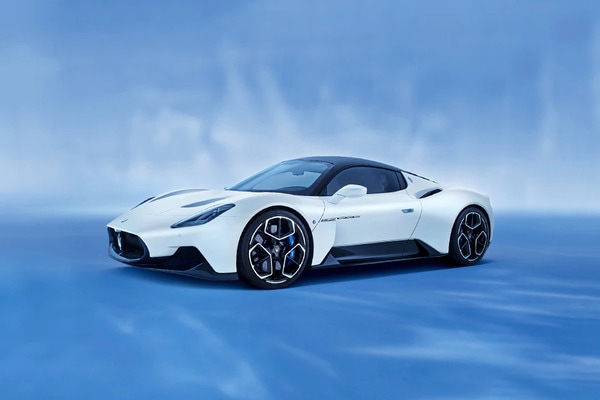
 3000.0 cc
3000.0 cc Petrol
Petrol